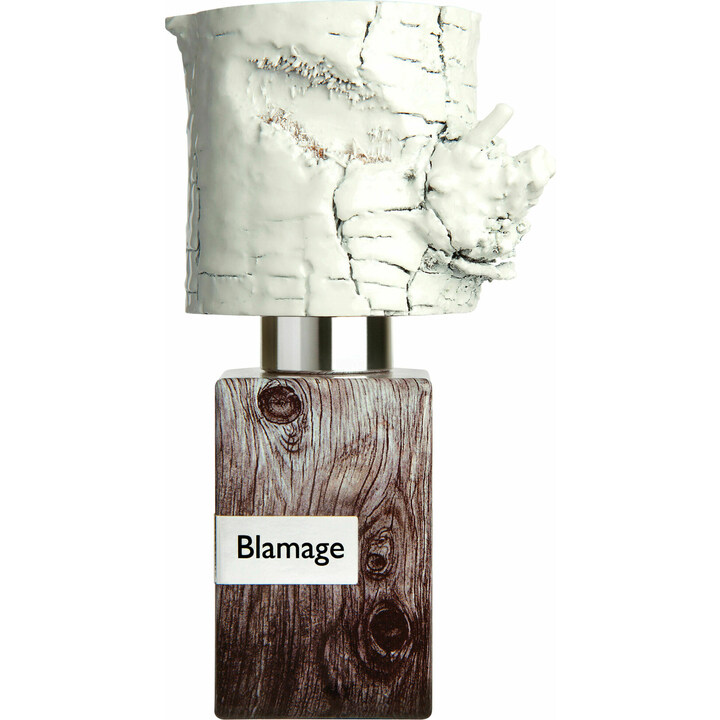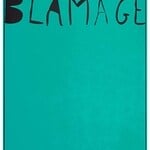01/15/2021

Vrabec
61 Reviews
Translated
Show original

Vrabec
Very helpful Review
16
Not an embarrassment, but a bizarreness
Bi-zar-re-rie
Noun, feminine [the]
bizarre form, bizarre appearance; outlandishness in shape or form
Perfume crazy I am not so long to be a conscious witness of the "Nasomatto project". Also due to the price I let the fragrances until recently, about 6 years after the actual termination of the line out of consideration.
Retroperspektiv viewed the question arises to me, whether the failure in the attempt to create olfactory a mistake, because "conceived errors are controlled errors, and they simply do not exist" (Parfumo Soap), or the revival of his brand by Fantomas represents the greater embarrassment.
So had Gualtieri but about 6 years ago pompously ended the era Nasomatto and created Orto Parisi. (Nasomatto is Dead, Orto Parisi is born)
One can never be quite sure with Gualtieri, this was probably always part of himself and his fragrances, be it the concealment of the fragrance pyramid with simultaneous hint & morsel throwing in the documentary "the Nose - searching for Blamage" as well as the self-proclaimed demise of its own line. I am amused and provoked by this - and both are mostly good.
In my opinion, the oft-quoted description of the fragrance is; "This perfume is part of the Nasomatto project. The fragrance is a foolish and ill-fated creation, prompted by poor judgment and lack of care." pure marketing. However, this is not forbidden and is simply part of the process. Accusing yourself of poor judgment while having a highly regarded reputation among connoisseurs fits well with the crazy nose. An "unfortunate creation" I do not buy the good, especially not as the end of this line - and yes, despite the appearance of Fantomas I see here further the conclusion of the line Nasomatto.
As I said, this is not a mistake, at least not in the strict sense. However, if you go about the concept perfumery and think about how to represent a mishap olfactory, you come closer to the matter. Concept fragrances, for example Zoologist or Imaginary Authors never really smell authentic to what they are supposed to represent. They "only" create an authentic image of the same.
That Gualtieri wanted to create here an olfactory image of an embarrassment (of course, within the scope of the edible), I take him.
The often mentioned fragrance twin of Comme de Garcon is not known to me, but from the theme "Blamage" reminds me most likely to Tom Ford's Fucking Fabulous, which smells just as "bright", almond I suspect in Blamage just as, but somewhat hidden in synthetic and floral notes. For me it kind of goes in the same direction, very flamboyant and at least as self-conscious. Because this "embarrassment" smells unusual but not unpleasant. That to wear demands must and yet awakens intresse.
The fragrance starts fruity sweet, the top note consists of sandalwood which swims in apricot jam, this apricot remains central throughout the course. That is all I perceive at the beginning. Then a scorched floral almond emerges, biting rubber doused in vanilla milk, and liquid candle wax dripped with clean sweet musk. Associations of clean laundry alternate here; I often think of Zarkoperfume's "the Muse" here, and smoky imagery.
All of this is overshadowed by Gualtieri's secret ingredient, his interpretation of oud that often appears in his fragrances. It's sort of a "cyber-faecal," here with synthetic musk, which doesn't smell as bad as it might sound.
Blamage is by far the most bizarre scent I've had the pleasure of smelling. Fortunately, I like it quite well, even if I'm worried with this one anzuecken, which I have otherwise almost never. So necessarily extensively test before a bottle is purchased here.
I do not know how to classify Blamage. Basically, it may be a crazy Western interpretation of Orientalism, somehow floral, feminine but at the well-groomed shaved man just as appropriate. Here I see it as a good scent in the evening. But for the außergwöhnlichen.
.. Oh and the bottle is the most beautiful thing I've ever seen in perfumes
4 Comments













 AngeloMani
AngeloMani Danijels
Danijels BoBoChamp
BoBoChamp Zleo
Zleo Topfpflanze3
Topfpflanze3



















